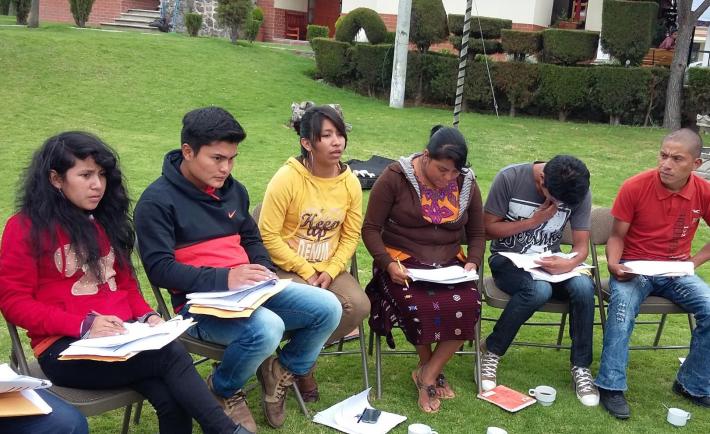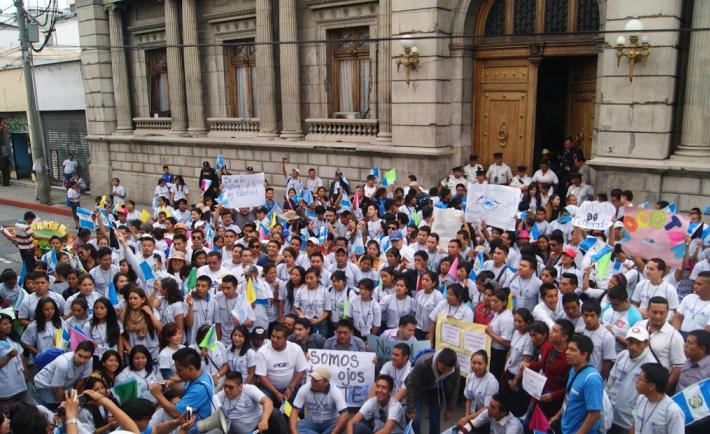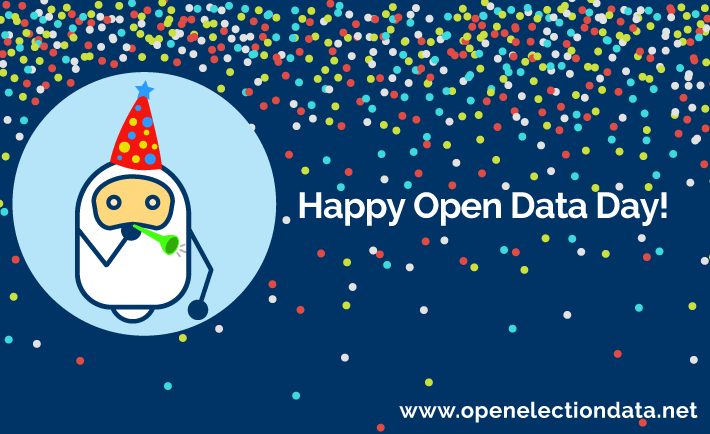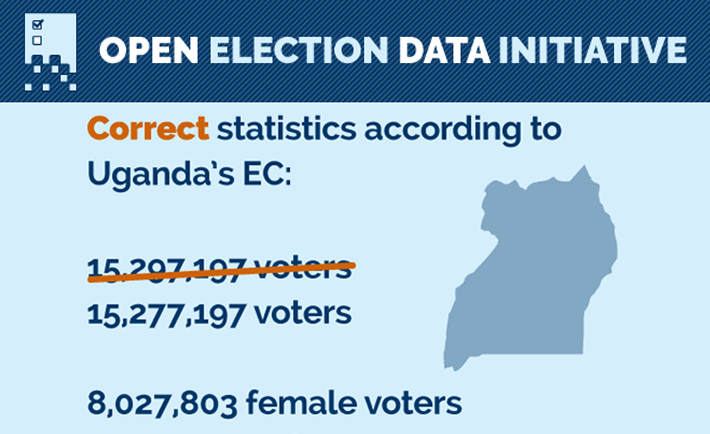Macedonia became independent when Yugoslavia disintegrated 25 years ago. Many thought that Macedonia might not survive as a new country. It was in a tough neighborhood, the economy was in tatters, it had little experience with democracy, and there was a strong undercurrent of tension between the majority Macedonian population and a large Albanian minority.
But Macedonia did overcome those early challenges, got to work on its new democracy, and as a result it has progressed toward European Union and NATO membership.

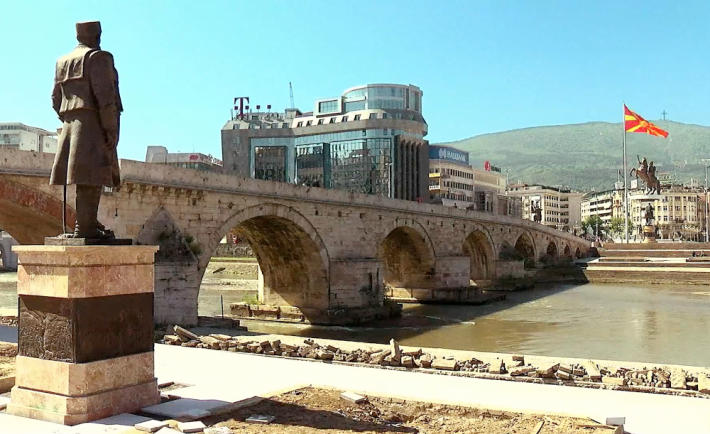
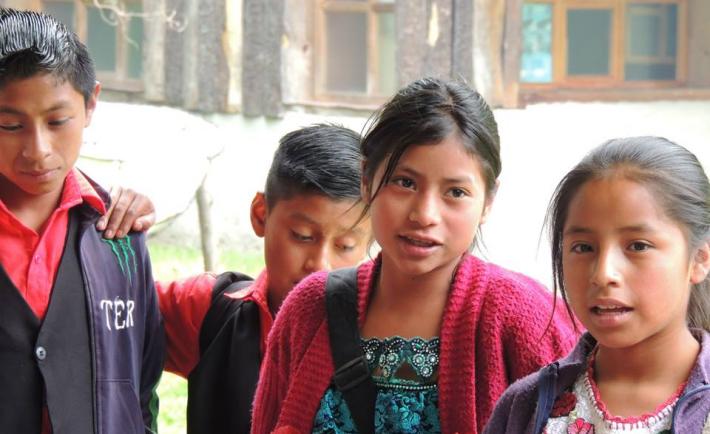
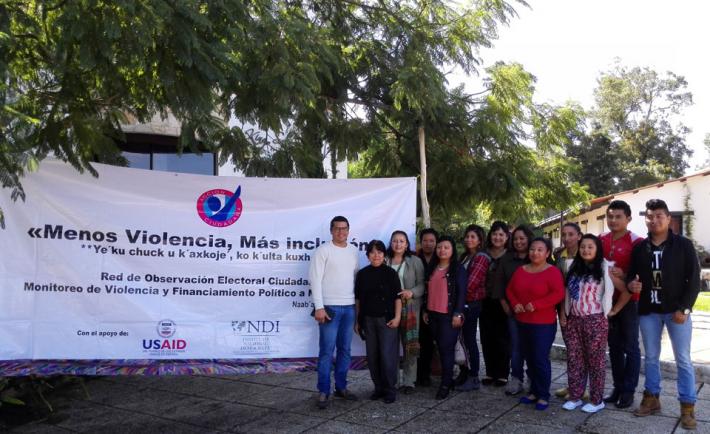
_1_1.jpg)

